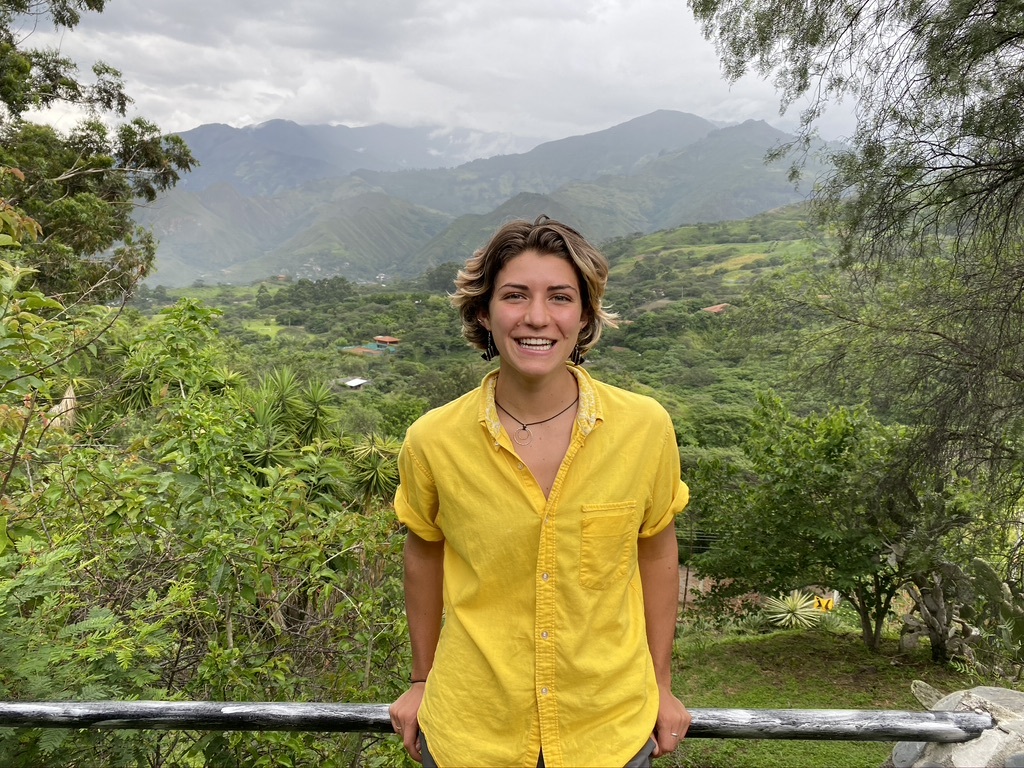
Maya Gómez (she/her) is a Ph.D student in the Cnidarian Evolutionary Ecology Lab at the University of Southern California, studying under the mentorship of Dr. Carly Kenkel and in collaboration with the Perry Institute for Marine Science. Maya’s research examines morphological plasticity of reef-building corals—or, the ability for corals to change their growth formations in response to changes in the environment, including changes in light availability, flow, and temperature. Maya is taking a multi-scale approach to decipher the mechanisms underpinning morphological plasticity at colony, polyp, and cellular-levels. By building connections between these scales of organization and the underlying mechanisms, Maya hopes to link small-scale patterns of plasticity with the large-scale processes providing valuable ecosystem services. Her work not only informs our understanding of biological function and organization but can also be directly applied to reef restoration through a greater understanding of genotype and environment-based growth and performance.
Maya is a National Science Foundation Graduate Research Fellowship Program (NSF-GRFP) awardee and PADI Divemaster. She graduated from Middlebury College in 2020 with a B.A. in Biology and Spanish. In her free time, you may find Maya hiking, gardening, or making art.
Research

We’re at the forefront of global efforts to boost coral reef resilience and biodiversity through cutting-edge scientific research and groundbreaking restoration methods. Explore our research to witness how our innovative approaches are driving measurable change and securing a future for coral reefs.

